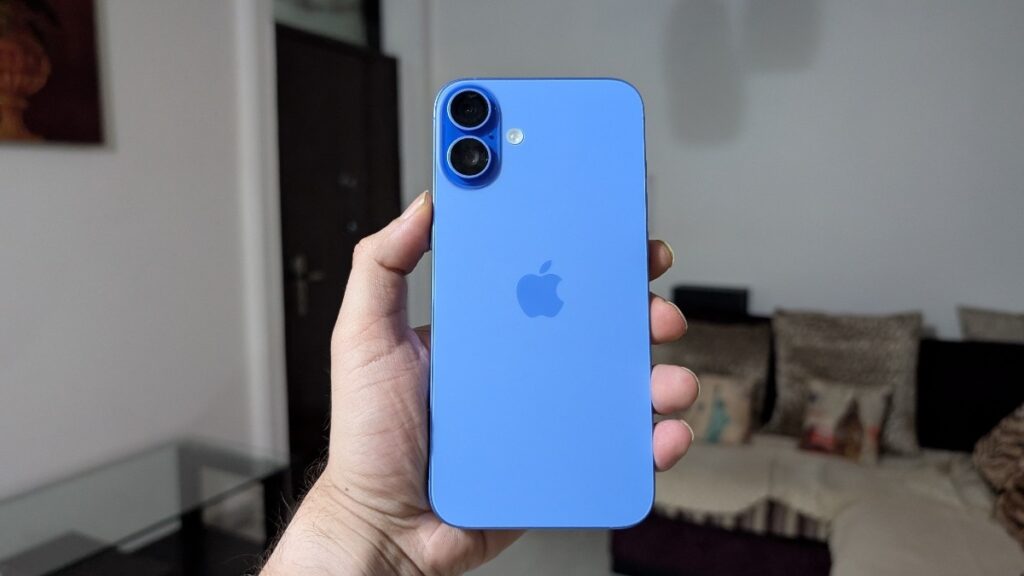Indonesia has banned the sale and use of Apple’s latest models, the iPhone 16 and Apple Watch Series 10, citing unfulfilled investment commitments. The Indonesian government stressed that Apple’s failure to meet its financial commitments was the main reason for this decision.
Apple had initially committed to investing approximately Rp 1.71 trillion in local research and development infrastructure in Indonesia. However, the company has invested only Rp1.48 trillion, leaving a shortfall of about $14.75 million.
As a result, Indonesia’s Ministry of Industry has put on hold the International Mobile Equipment Identification (IMEI) certification, which is critical to allowing the sale of devices in the country. Without this certification, iPhone 16 and Apple Watch Series 10 cannot be legally sold or operated in Indonesia.
Indonesia’s Industry Minister Agus Gumiwan Kartasasmita has issued a stern warning regarding the operation of iPhone 16 devices in the country. He urged the public to report any such devices found, as they are considered illegal. The Minister emphasized the importance of complying with local laws and regulations.
The ban also highlights Indonesia’s strict local content requirements. Foreign companies must ensure that their products contain at least 40% local content in order to receive the required Domestic Component Level (TKDN) certification for sale in Indonesia. This can be achieved through local manufacturing, software development, or the establishment of research and development facilities. Apple’s delayed investment has hampered the certification process, leading to the current situation.
Despite the ban, tourists and airline crew are allowed to bring and use up to two iPhone 16 series devices for personal use while in Indonesia. However, these devices cannot be sold in the country, and attempting to do so would violate the ban.
Apple has not yet responded to the Indonesian government’s decision, and it remains unclear when or if it will make the remaining investment to lift the ban. Until then, the ban is expected to remain in place until Apple fulfills its financial commitments in full.


